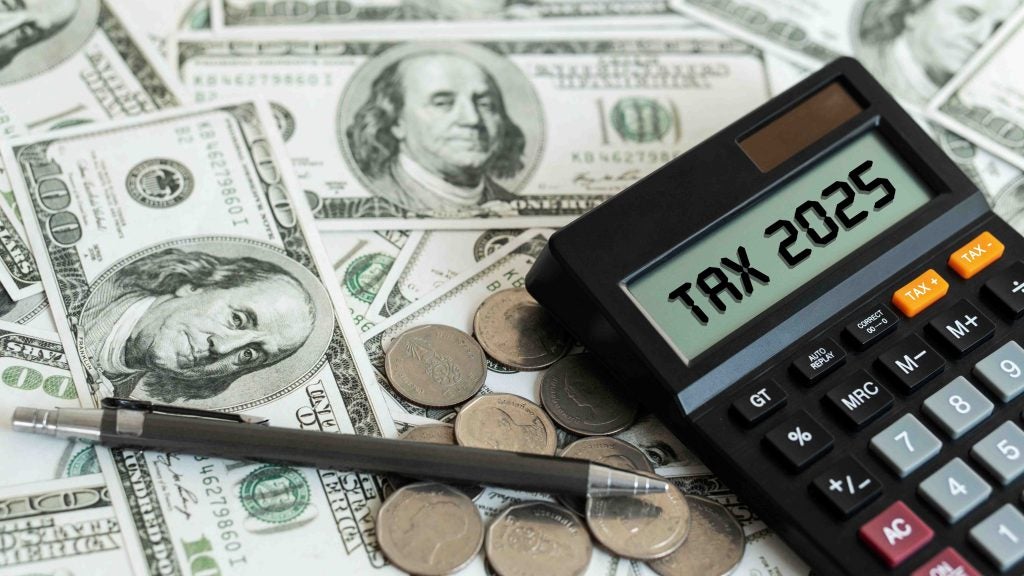"The wealthiest can afford to pay more in taxes. That’s a part of the deal. That makes sense. I don’t know anyone that doesn’t agree with that," said Porat, as reported by The Huffington Post. "The wealth disparity between the lowest and the highest continues to expand, and that’s inappropriate."
"We cannot cut our way to greatness," she added.
According to The Huffington Post report, Porat said the global markets are greatly stressed, and banks are more focused on paying down debt than on lending.
Expressing her views on global economic confidence, Porat said she expects global economic confidence to hit bottom next year and that the Eurozone ultimately will avert a breakup through further fiscal integration.
She also noted that if US firms regain confidence, the country could experience an economic recovery next year.
She also criticized the political class in the US for being too politically polarized. She said that with the extreme level of political polarization in Congress, "right now there doesn’t seem to be a path forward," suggesting more "slow growth" in the future.
As most of the top executives at Wall Street firms refrain from voicing their postion on politically sensitive issues, Porat’s deviation from the established norm is quite refreshing.
Some feel, however, that the demand to raise taxes on the rich satisfies the whims of populism at the expense of realism. An increase in taxes on the rich may discourage consumption and investment by the rich,. negatively affecting the less fortunate.
The wealth tax also violates the fundamental principle of the free market economy. Many of the countries which have implemented this tax blamed the tax for contributing to high levels of capital flight and low levels of investment and entrepreneurship.
A good example of how the wealth tax can harm a nation’s economy is that when the Swedish government introduced a wealth tax, investors reportedly pulled about US$220 billion worth of investment out of the country.
If same logic extended itself to corporate activities, such as increasing taxes for extremely high-performing companies, the creation of economic value itself would be seriously suppressed.







